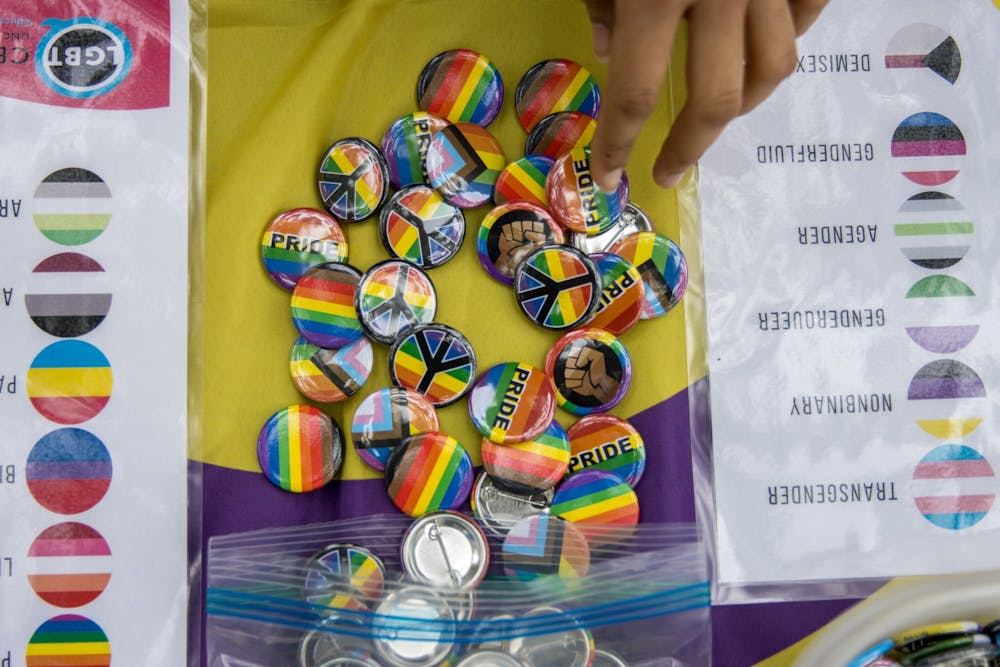Last week, Florida Gov. Ron DeSantis signed the “Parental Rights in Education” bill into law. The inconspicuously named legislation bars public school teachers from discussing sexual orientation or gender identity in kindergarten through third-grade classrooms.
Nicknamed “Don’t Say Gay,” this bill is a thinly veiled attack against LGBTQ+ communities, both in Florida and elsewhere. Restricting productive conversations about important social and political identities in the name of protecting students is a newfound strategy of the right.
But it’s not limited to DeSantis’ politics.
North Carolina has its own history of anti-LGBTQ+ legislation, as well as a lack of policies that protect and empower these communities. And with the start of UNC Pride Week, it’s important to stare these injustices in the face and call them what they are: oppressive and malicious.
Discriminatory legislation in N.C.
Perhaps the most infamous piece of anti-LGBTQ+ legislation to come out of North Carolina is House Bill 2, which was signed by former Gov. Pat McCrory in 2016.
This bill – innocently named the Public Facilities Privacy & Security Act – required people to use the restroom that corresponds to their birth gender. This placed an undue burden on transgender North Carolinians.
In a similar vein, the act excluded many LGBTQ+ individuals from discrimination protections. It was a clear attempt to persecute transgender individuals by restricting their ability to make decisions for their own safety and autonomy.
While no legislation since has been as discriminatory, NC still lacks key protections for LGBTQ+ residents.



